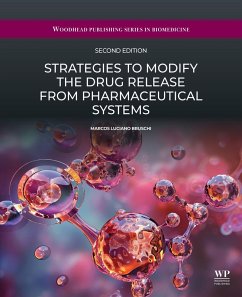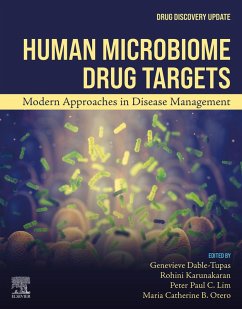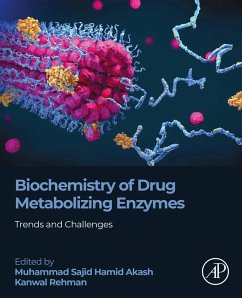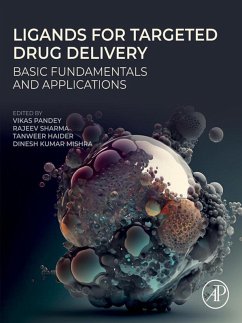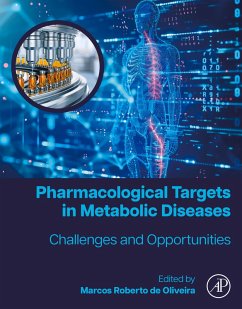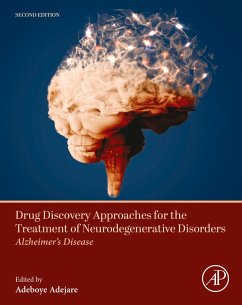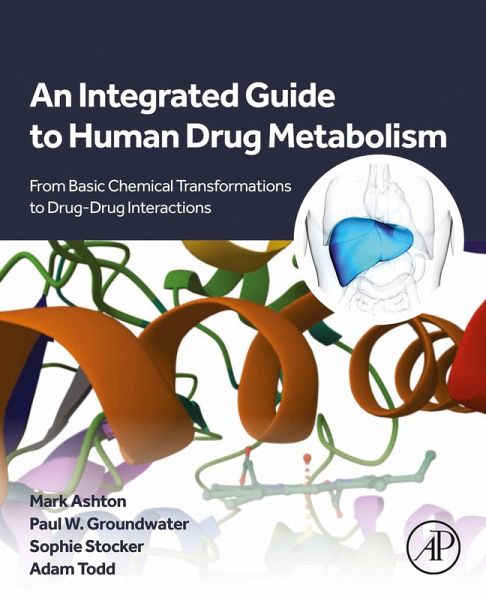
An Integrated Guide to Human Drug Metabolism (eBook, ePUB)
From Basic Chemical Transformations to Drug-Drug Interactions
Versandkostenfrei!
Sofort per Download lieferbar
95,95 €
inkl. MwSt.
Weitere Ausgaben:

PAYBACK Punkte
48 °P sammeln!
An Integrated Guide to Human Drug Metabolism: From Basic Chemical Transformations to Drug-Drug Interactions uses the chemistry of each of the metabolic transformations to underpin the discussion of drug interactions with foods, herbal medicines and other drugs. Each of the human metabolic processes will be covered, employing examples drawn from known metabolic transformations of drugs used clinically. The clinical relevance of metabolism is discussed, focusing on appropriate prescribing (age-related dosage adjustments, routes of administration, and personalized medicines). Appropriate for use ...
An Integrated Guide to Human Drug Metabolism: From Basic Chemical Transformations to Drug-Drug Interactions uses the chemistry of each of the metabolic transformations to underpin the discussion of drug interactions with foods, herbal medicines and other drugs. Each of the human metabolic processes will be covered, employing examples drawn from known metabolic transformations of drugs used clinically. The clinical relevance of metabolism is discussed, focusing on appropriate prescribing (age-related dosage adjustments, routes of administration, and personalized medicines). Appropriate for use in the classroom or for self-study, An Integrated Guide to Human Drug Metabolism is useful for students and researchers needing a reference for interdisciplinary research in drug interactions. Metabolism is at the center of personalized medicine, as it is a governing factor in the response of the patient to a drug. For example, does the patient express the genes, and so enzymes, which are responsible for the metabolism of a drug? Do they express the genes responsible for the bioactivation of a prodrug into its active form? Examples of clinically used agents for which metabolic phenotyping is essential will be used to highlight the increasing necessity for understanding the genetic profile of individual patients. This book includes questions and answers to gauge learning of each chapter, real-life case studies, and the basic science as a basis for the discussion of clinical aspects. - Covers each of the human metabolic processes, employing examples drawn from known metabolic transformations of drugs used clinically - Provides an integrated approach, linking together the science and practice strands of human drug metabolism - Contains questions and answers to assess learning of material and real-life case studies
Dieser Download kann aus rechtlichen Gründen nur mit Rechnungsadresse in A, B, BG, CY, CZ, D, DK, EW, E, FIN, F, GR, HR, H, IRL, I, LT, L, LR, M, NL, PL, P, R, S, SLO, SK ausgeliefert werden.




